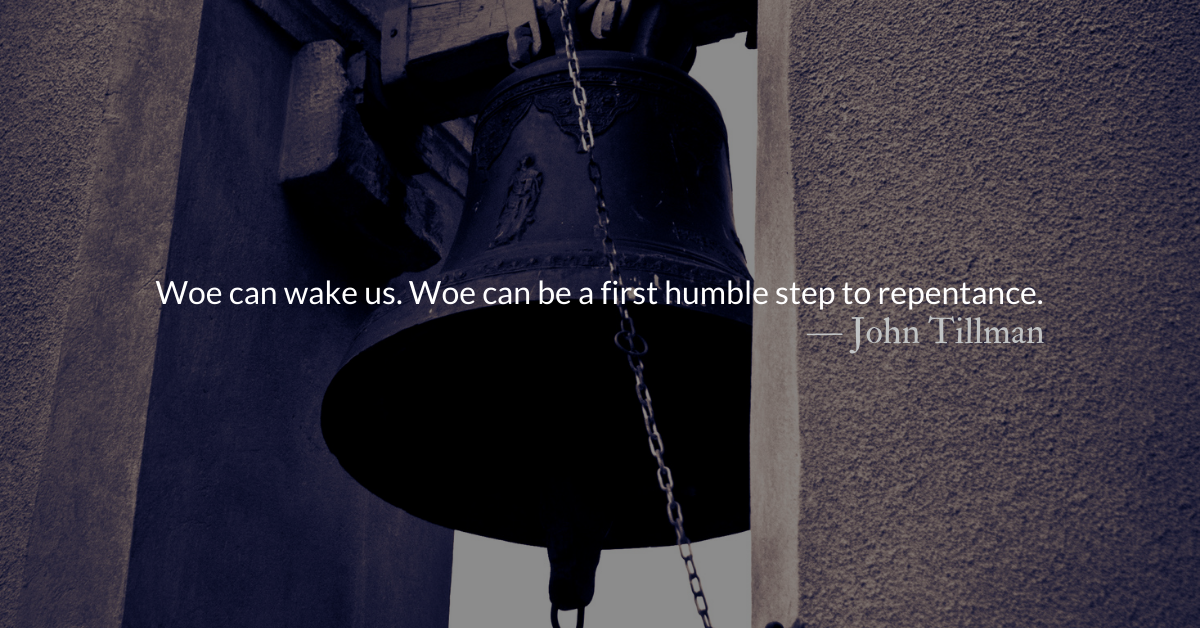Scripture Focus: Amos 6.8-12
8 The Sovereign Lord has sworn by himself—the Lord God Almighty declares:
“I abhor the pride of Jacob
and detest his fortresses;
I will deliver up the city
and everything in it.”
9 If ten people are left in one house, they too will die. 10 And if the relative who comes to carry the bodies out of the house to burn them asks anyone who might be hiding there, “Is anyone else with you?” and he says, “No,” then he will go on to say, “Hush! We must not mention the name of the Lord.”
11 For the Lord has given the command,
and he will smash the great house into pieces
and the small house into bits.
12 Do horses run on the rocky crags?
Does one plow the sea with oxen?
But you have turned justice into poison
and the fruit of righteousness into bitterness
Photo Information: A memorial to the victims of communism in Sighetu Marmatiei, Romania.
Reflection: Victims and Victimizers
By John Tillman
Amos paints a frightening future scene. Warfare has collapsed a compound of houses. A survivor comes to gather bodies for cremation. Jews only resorted to cremation during plagues or when casualties were too many for traditional burials. The survivor encourages anyone hiding to be quiet, not even daring to say the name of the Lord. To these traumatized people, God became terrifying rather than comforting. Why?
We are often shocked by the harshness of biblical judgments. Why should God be terrifying? Where is the God of comfort, peace, and justice?
One answer is to appeal to God’s ultimate sovereignty and moral authority.
If God is God, he is the only righteous one and the ultimate, sole authority in the universe. In whatever he does, he has the authority, the sovereignty, to do as he pleases. Even if an action seems unjust to us, who are we to judge? Who can say to him, “What are you doing?” (Job 9.12)
Secondly, we must recognize that God enacts harsh judgments because he looks at nations and individuals from the perspective of their victims. Victims of violence see retributive violence differently. When soldiers breach a room filled with hostages and kill all the hostage-takers, they aren’t committing an atrocity. The hostages see them as heroes, as justice embodied. If we forget about the hostages, we might see the carnage and think evil mass murderers stormed the room.
God takes the victims’ perspective, not the victimizers’, and looks at the heart, not the outward appearance. God judges humanity simultaneously as a collective and as individuals. He punishes nations yet has mercy on individuals. He punishes individuals yet has mercy on nations.
When we read these kinds of passages, We trust in God’s righteousness and sovereign authority and that he sees and acts from the victims’ perspective. However, there is another perspective.
God longs for people under judgment to turn to him for mercy. When we read these passages and wish mercy for those under God’s judgment, those are God-like thoughts. God wanted to have mercy. But they refused.
If you’ve been a victim, may God vindicate you. For the rest of us, take warning. Through pride and complacency, Israel turned justice to poison and righteousness to bitterness. (Amos 6.12) Let us be humble and repentant. Otherwise, God may become terrifying to us and bring comfort, peace, and justice to our victims.
Divine Hours Prayer: A Reading
Jesus said to us: “…Everything now covered up will be uncovered, and everything now hidden will be made clear. What I say in the dark, tell in the daylight; what you hear in whispers, proclaim from the housetops.” — Matthew 10.26-27
– From The Divine Hours: Prayers for Summertime by Phyllis Tickle.
Today’s Readings
Amos 6 (Listen 2:13)
Matthew 26 (Listen 10:01)
Read more about Woe to Abusers and Victimizers
Let us pray that all victims, nations, groups, and individuals will see justice fall on their abusers and victimizers.
Read more about Degrading Each Other
God’s wrath is seated not in selfish vengeance against his enemies but in justice for those he loves.







